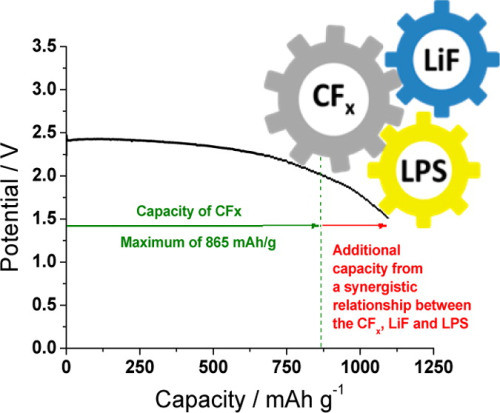'Revolutionary' Battery Design Could Last up to 50 Years

Researchers in the US have developed a "revolutionary" battery design that increases power capacity by 26% and could potentially extend the life of a device by decades.
The team at Oak Ridge National Laboratory in Tennessee, whose study was published in the Journal of the American Chemical Society, claim to have created an "unprecedented energy density" in a battery, enabling it to hold power for up to 50 years.
"What if a battery could last 30 to 50 years? Our fundamental research is opening up that possibility through a new design mechanism," said Chengdu Liang, one of the scientists at Oak Ridge involved in the research.

The scientists were challenging the assumption that the three main components of a battery could only function in one role in a device.
The new battery uses the ion-conducting electrolyte component in a dual function - both as an ion conductor and a cathode supplement.
"This bi-functional electrolyte revolutionises the concept of conventional batteries and opens a new avenue for the design of batteries with unprecedented energy density," Liang said.
Powerful potential
The implications of the breakthrough could be significant for those who use pacemakers. Limited battery life means that people fitted with a pacemaker need to undergo surgery every 10 years to replace the battery.
The batteries could also potentially be used in wearable devices such as fitness bands and smartwatches where recharging or replacing it was not desirable.
Liang claimed that the technology had already attracted the interest of commercial investors.
Liang said: "This study is proof-of-concept research, but we have been contacted by a private company interested in commercialising the battery.
"It could become a reality in a few years depending on the commercialisation timeline."
© Copyright IBTimes 2025. All rights reserved.




















